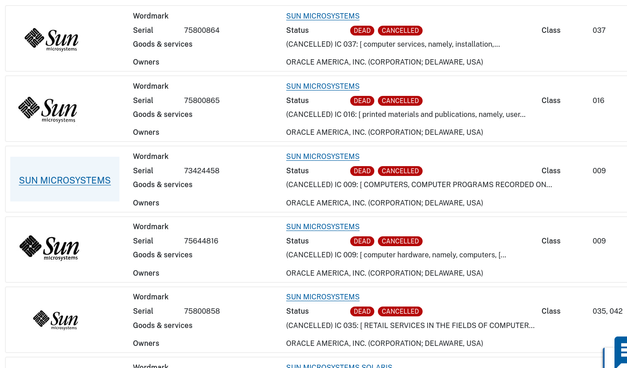Not sure how it is that substantial portions of my Zotero library disappeared, but I'm not thrilled about it, and I'm not looking forward to importing from backup and then manually deduping 1000+ items.
Total items as of 2024-06-12: 1496
Total items as of 2025-07-05: 1424
